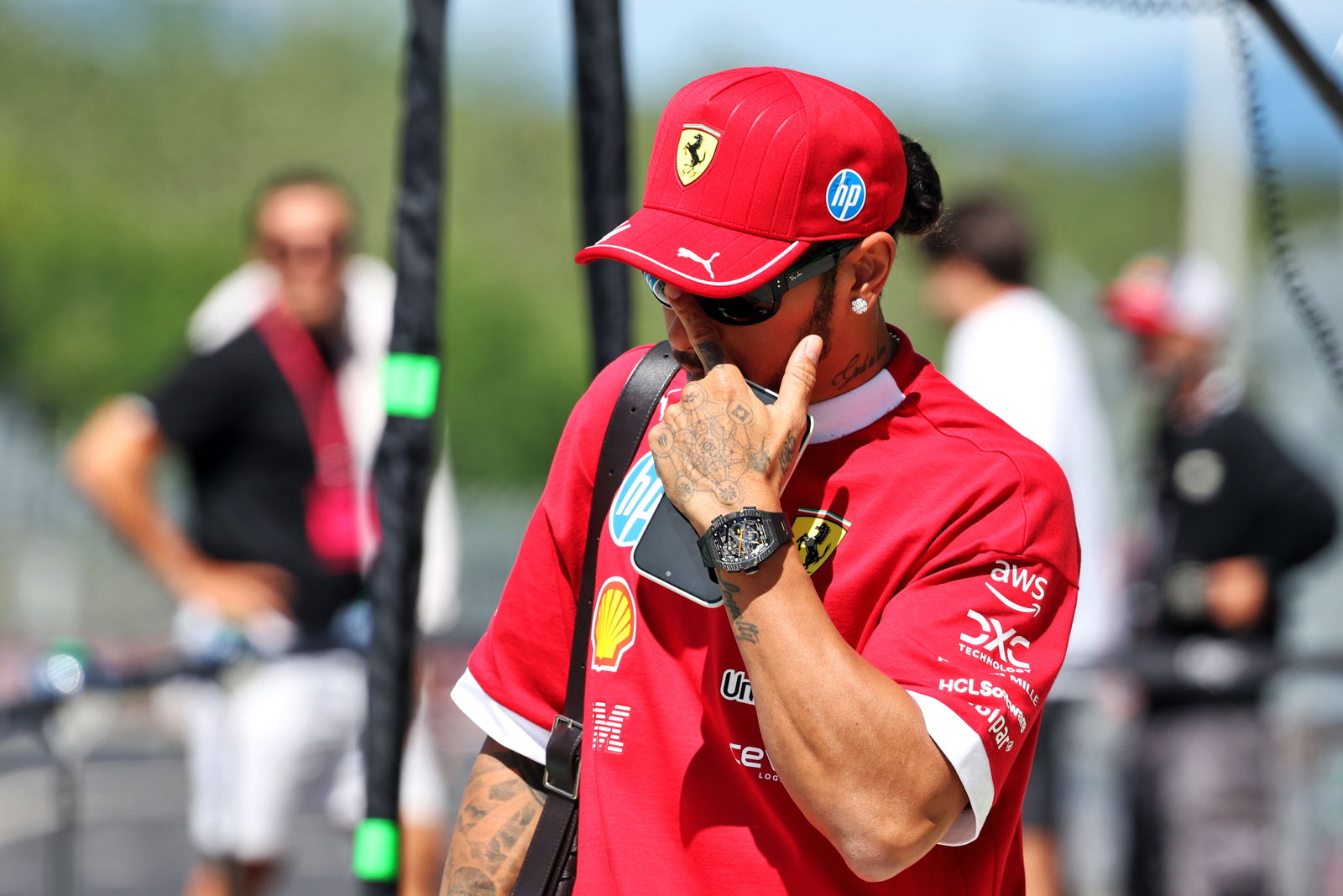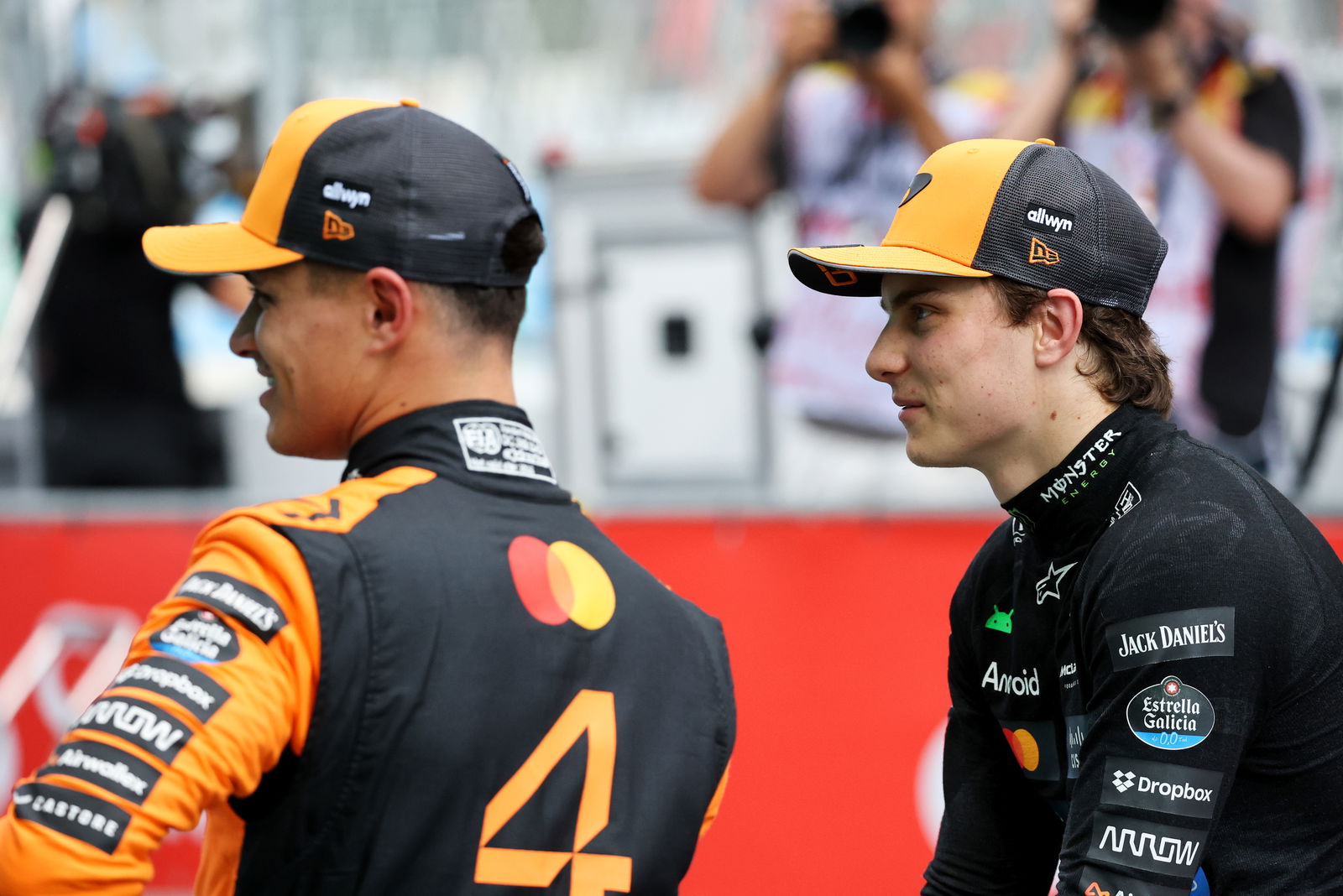F1 boss tells drivers what to do to stop "complaints" about 2026 regulations
James Vowles asserts that driver criticism of the 2026 rules is unfounded and maintains that F1 is moving in the right direction next year.

Williams team principal James Vowles believes drivers who are complaining about the 2026 Formula 1 regulations haven’t spent enough time in the simulator to form a clear opinion.
F1 cars would look fundamentally different next year, with significant changes coming to both the chassis and engine regulations in one of the biggest overhauls seen in the series’ history.
The initial reaction from drivers has been overwhelmingly negative, with Ferrari’s Charles Leclerc leading the critics by saying that the under-development 2026 Ferrari is “not the most enjoyable car” he has driven in the sim.
Even Williams drivers Alex Albon and Carlos Sainz emphasised the challenge of driving 2026 cars and the learning curve they will face to master new machinery.
However, Vowles believes any criticism about 2026 F1 cars is premature, having noticed how Williams’ own simulator drivers had grown accustomed to the new ruleset after spending more time in the simulator.
“The first time any of our simulator drivers drove the 2026 regulations, it was difficult because it is a complete change in certain aspects of how you drive,” he told the media, including Crash.net.
“Then the second time, it became more normal, [but] still complaints, and by the fourth time, there really wasn't much in terms of discussion; it just became the norm.
“So what I ask everyone to do is be careful. Ask the driver how many times they've driven the simulator as you adjudicate their answer. I give you a guarantee it's once, is probably the first initial response.
“And those that have driven at four or five [will say] 'I like it. I understand it now’.”
There will be an increased focus on the MGU in 2026, with the share of electrical power in the total output rising to almost 50 per cent.
This has led to concerns about drivers either running out of power on straights or having to lift and coast heavily to make sure they have enough juice left in the battery.
F1 bosses, however, are working on this issue and are confident that 2026 cars will be conducive to overtaking.
Vowels also believes the variation in top speed could improve racing in F1.
“I think you're going to get much bigger differences in straightline speeds on certain straights because of how much you can play with the energy next year and various modes, and so I think at some point the overtaking could actually be accentuated, not hindered as a result of it,” he explained.
“ So the racing concept actually means if you have a faster car, I think there's more tools at your disposal as a driver to be able to use than there is this year, even including DRS in that. That's where I'm looking at the moment.”
Sainz previously said that the increased complexity of 2026 F1 regulations will make the new breed of cars “occupy a lot of brain space” while driving.
Albon backed up his teammate’s remarks, noting that the mental load on drivers will be high next year.
Vowels is aware that the 2026 technical regulations are not perfect, and hopes feedback from teams will be used to tweak the formula.
“We've got a lot more work to do to refine it, and we've got to make it easier on the driver because I think the workload is actually very, very difficult for the drivers at the moment, which I think is another comment they've spoken about,” he said.
“But we have another 6 months to run before we're there, so I'm confident we can fix that.”


